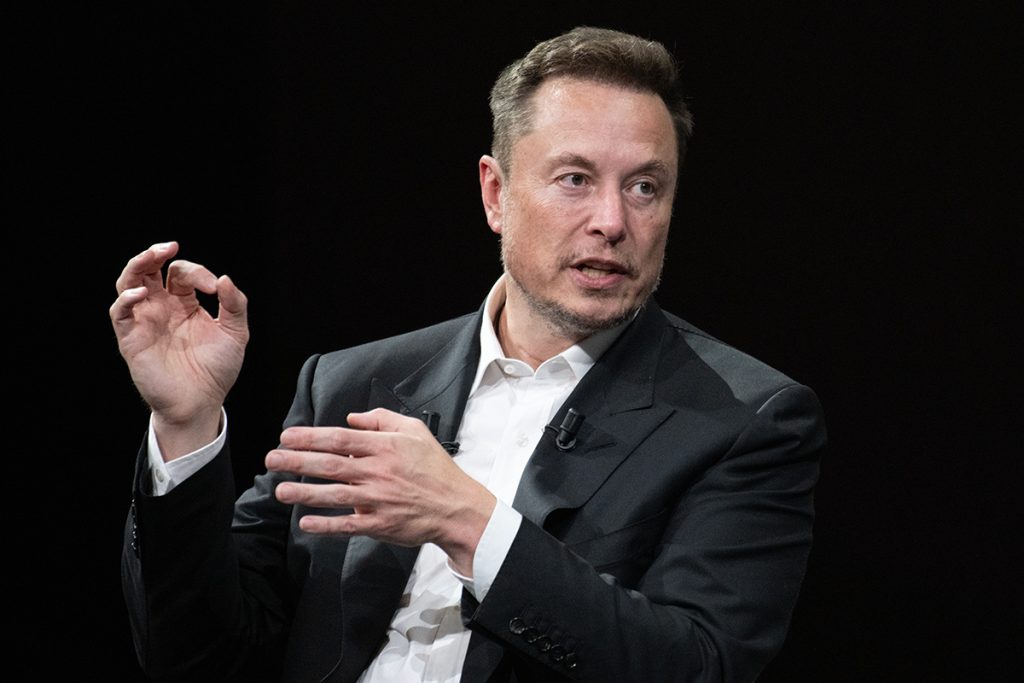In a bold move that could have significant ramifications for the tech industry, Elon Musk, CEO of Tesla and SpaceX, has threatened to ban Apple devices from his companies following Apple’s recent partnership with OpenAI. Musk’s announcement came as a response to Apple’s unveiling of plans to integrate OpenAI’s technology into its operating systems, a move that Musk perceives as a major security risk.
The crux of Musk’s concern lies in the potential integration of OpenAI at the operating system level, which he deems an unacceptable security violation. He has expressed skepticism regarding Apple’s ability to safeguard user data once it is handed over to OpenAI, suggesting that this partnership could compromise user privacy.
Musk’s stance on the matter is clear: if Apple proceeds with its plans to incorporate OpenAI’s technology, he will enforce a ban on Apple devices at his companies. This would extend to all Apple products, including iPhones and Macs, and would involve storing visitors’ Apple devices in Faraday cages to block electromagnetic signals.
The genesis of this controversy stems from Apple’s recent announcement at its Worldwide Developers Conference, where it unveiled a partnership with OpenAI aimed at enhancing its products with generative artificial intelligence tools. This collaboration, dubbed “Apple Intelligence,” promises to deliver a smarter Siri voice assistant and more personalized user experiences.
OpenAI’s technology, particularly its ChatGPT model, will play a pivotal role in this endeavor, allowing users to interact with AI directly through their Apple devices. Greg Brockman, President of OpenAI, confirmed that ChatGPT would be integrated into Apple’s operating systems, with rollout expected later this year.
Musk’s involvement in this dispute is multifaceted. As a co-founder of OpenAI who now heads a rival firm, xAI, he has a vested interest in the trajectory of the AI industry. However, his relationship with OpenAI has been contentious, culminating in legal action against the organization and its CEO, Sam Altman, for alleged breaches of OpenAI’s founding agreement and mission.
OpenAI has vehemently refuted Musk’s claims, dismissing them as baseless and suggesting that his motives may be driven by jealousy. Nevertheless, Musk’s threat to ban Apple devices underscores the escalating tensions between tech giants vying for supremacy in the AI space.
The implications of Musk’s ultimatum extend beyond his own companies, raising questions about the broader landscape of AI integration in consumer electronics. While Apple’s partnership with OpenAI represents a significant step forward in AI development, it also highlights the inherent risks and ethical considerations associated with such advancements.
Critics argue that Musk’s threats may be driven more by competitive rivalry than genuine concerns about security and privacy. They point to Apple’s purportedly privacy-conscious approach, which prioritizes on-device processing and user consent for data sharing.
Regardless of Musk’s motivations, his stance underscores the complex interplay between technology, privacy, and corporate competition. As the AI revolution continues to unfold, the decisions made by industry titans like Musk and Apple will shape the future of technology and its impact on society.
In the coming months, all eyes will be on how this standoff between Musk and Apple unfolds, with far-reaching implications for the tech industry as a whole.


